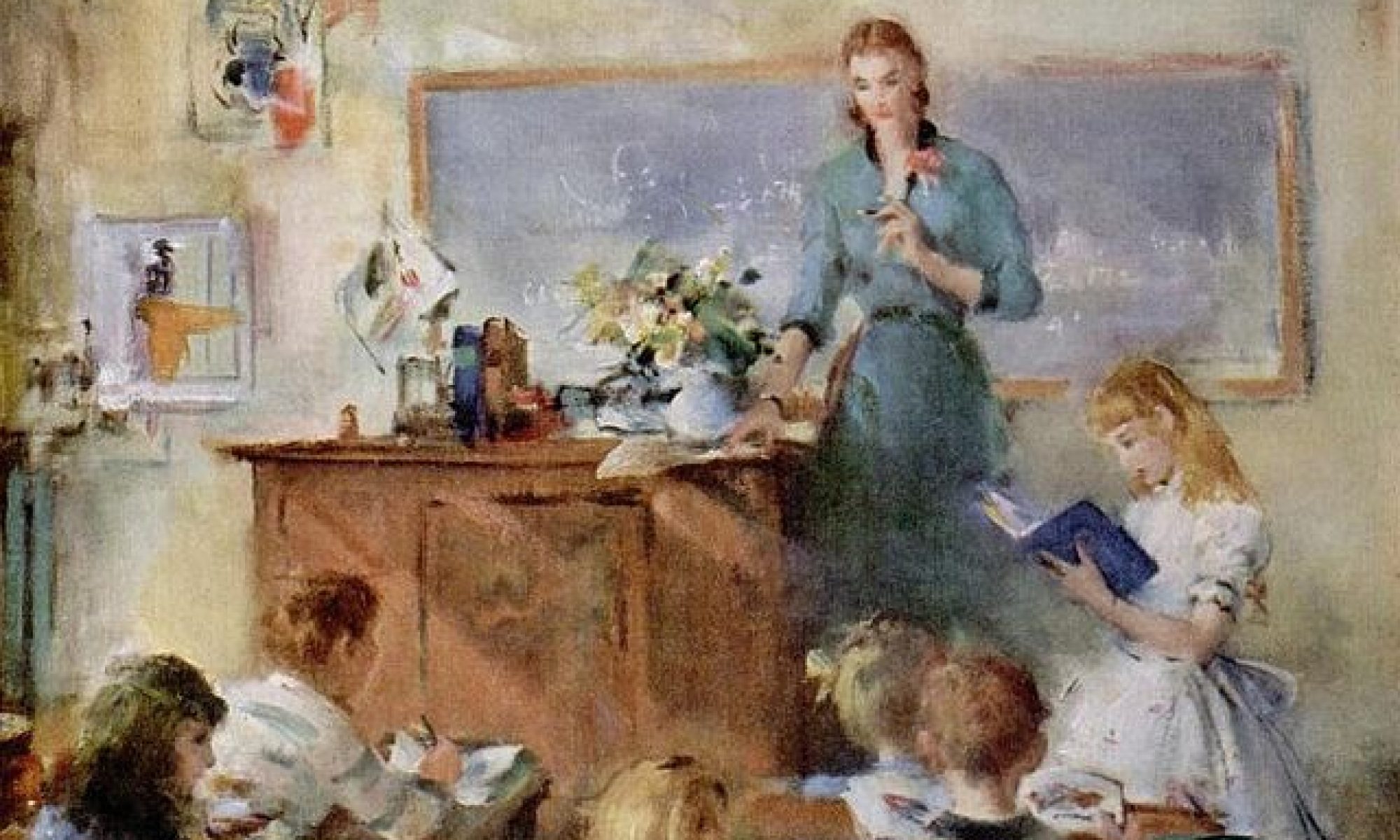Foreign student industry dramatic drop – The $5 billion foreign student industry is facing a massive downturn with as many as half of this year’s enrolments now in doubt.

Immigration New Zealand figures show that of 76,203 valid study visas at 15 March, 60,348 were in New Zealand, and 15,855 were not. Immigration New Zealand said the figures included an unknown number of students who completed their studies last year and had visas that would expire on 31 March.
However, the numbers showed New Zealand institutions were well short of the roughly 120,000 enrolments they could expect during the course of a normal year.
Education leaders said they doubted those enrolments would happen, especially in the school sector.
Universities New Zealand director Chris Whelan said universities usually enrolled about 4000 to 4500 students in the middle of the year and they were hoping those students would still come.
“It’s impossible to say at this stage,” he said.
“We know that it’s going to be unlikely that international travel restrictions are going to be released any time soon, but we don’t want to write it off this early.”
He said universities were still hoping that the 6500 Chinese students who were due to enroll at the start of the year but were still in China might be able to travel to New Zealand in time for the second half of the year.
Learn more about this topic by reading this article on RNZ.
After reading “Foreign student industry dramatic drop”, you can check important issues for ESL teachers on the section PDFs. And visit my channel by YouTube.


